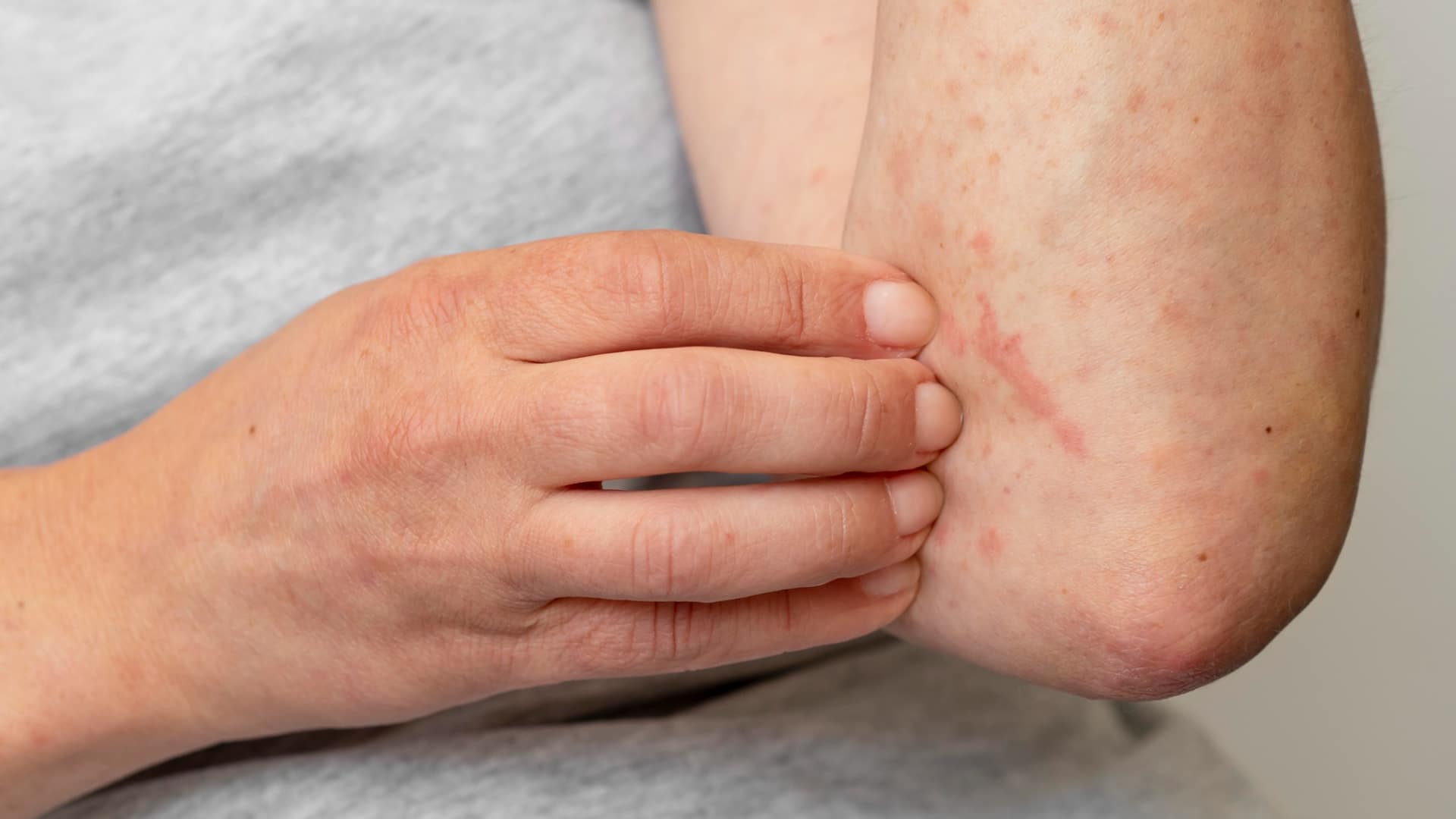
Shingles: Symptoms, causes, and treatment options
What's the story
If you had chickenpox in your childhood, watch out - the virus that caused it might not be as dormant as you think.
It could awaken from its dormant state, and give rise to a new problem: shingles.
Unlike chickenpox, shingles don't bring on those familiar itchy blisters; instead, it leads to painful rashes.
Well, the good news is that it can be prevented.
Shingles
What are shingles?
Shingles (herpes zoster) is a non-contagious infection resulting from the reawakening of the varicella-zoster virus, which causes chickenpox in children.
If you've had chickenpox before, the virus can resurface as shingles later in life, as it remains inactive in nerve cells.
In people over 50, a weakened immune system can trigger the virus to reappear as shingles, leading to skin rashes and painful blisters.
Signs
Symptoms
Shingles show several signs, including feelings of burning, itchiness, redness, and swelling.
You might also get a headache, have trouble seeing properly, and feel cold. Feeling tired and having a fever is common too.
Look out for blisters filled with liquid and rough patches on your skin.
These can lead to painful swelling. Sometimes, the area where you have shingles might feel irritated.
Causes
The causes of shingles are unclear
Shingles and chickenpox both happen because of the same virus called varicella-zoster.
It is not known why some people get shingles and others don't.
It's more likely to affect older adults because their immune system is not as strong.
Factors that could raise the risk of getting shingles include having a weak immune system, stress, growing older, and undergoing cancer treatments or major surgeries.
Prevention
Preventive measures
The Shingrix vaccine is quite effective at preventing shingles.
The CDC suggests that healthy adults aged 50 and older, and those 18 and older with weakened immune systems due to illness or treatment, should get two doses.
It doesn't matter if you had shingles before or got the older Zostavax vaccine. Even if you had those, the Shingrix vaccine is recommended.
Treatment
Treatment options
Shingles aren't curable, but their effects can be managed. Treatment aims to lessen the severity and suffering.
Antiviral medicines like acyclovir, famciclovir, or valacyclovir, taken within 72 hours of shingles' onset, are prescribed.
Pain can be eased with drugs like ibuprofen, and paracetamol, or stronger ones like oxycodone.
Anti-itch lotions can relieve blister discomfort. However, always consult a doctor for professional guidance.